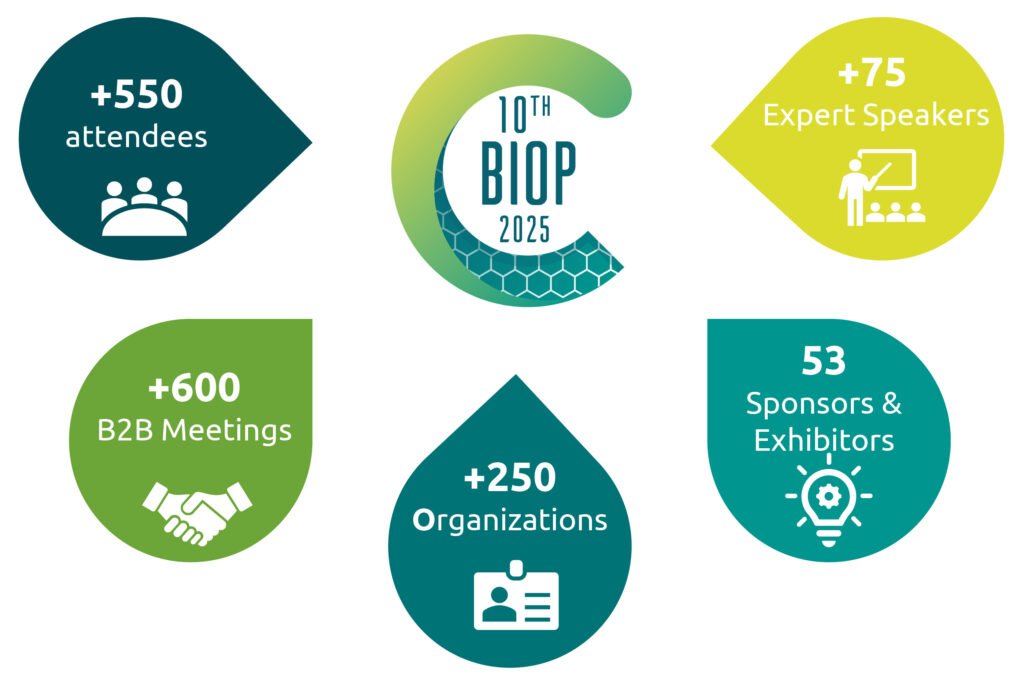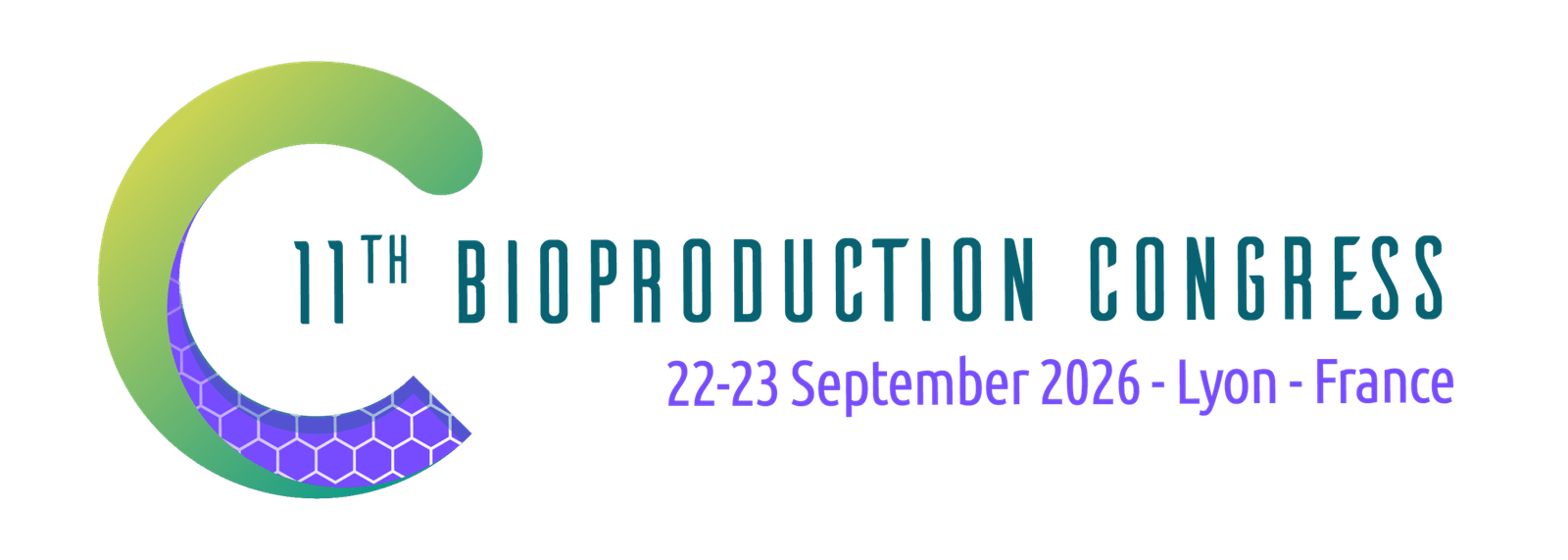WELCOME TO THE 11TH BIOPRODUCTION CONGRESS
BIOTHERAPEUTICS DEVELOPABILITY AND RISK MITIGATION
The Bioproduction Congress is the annual event of the biopharmaceutical production sector where stakeholders from Europe gather together to showcase and exchange the latest innovations in bioprocessing. This dynamic event promotes exchanges on the future of biomanufacturing, addresses the current challenges and showcases the new breakthrough solutions.
This event will bring together experts from companies (big pharmas, SME and Startups) and laboratories developing therapeutic candidates as well as leading bioproduction professionals to accelerate therapeutics drugs such as mAbs, vaccines, cell therapy and novel products into commercial manufacturing.
WHAT TO EXPECT IN 2026?
WHY SHOULD YOU TAKE PART?

FLASHBACK ON THE 2024 EDITION
2025 EDITION: KEY FIGURES

ABOUT THE ORGANIZER
MabDesign, the French biotherapy industrial association, aims to support, federate and increase the visibility of the biopharmaceutical industry, foster exchanges, promote the development and competitiveness of companies, and stimulate innovation by encouraging the emergence of start-ups from academic research.
To achieve its goals MabDesign sets up a coherent set of actions promoting exchanges, collaborations and skills development such as:
– Development of a national directory
– Organization of international scientific events
– Summary reports: ImmunoWatch & BioprocessWatch
– Specialized and innovative continuous professional training solutions
– Wide range of services to help companies to optimize their positioning, protect and enhance their innovations, conquer new markets and raise public funds.
Operational since September 2015, MabDesign currently has 340+ member companies, in France and in Europe, and its diversity is its strength. MabDesign’s dynamic network includes pharmaceutical and biotech companies, service providers (eg. CROs, CDMOs, etc), professional training actors, high-tech equipment suppliers and specialized consultants

